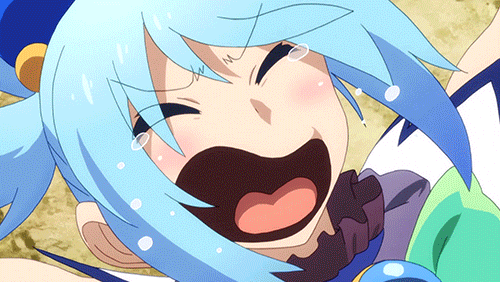You read it wrong, M. Only 7.9% want to be a province of China. The majority want to continue as the Republic of China, apparently. =)
It's interesting to see the rise of localism in Hong Kong. There's no way that Hong Kong can cut itself off from China in the way that Taiwan has, but there are some people here that still think that's possible.
HONG KONG: Localist or nativist politics is expected to play a bigger role in Hong Kong in 2016. Beijing is worried that localism is a becoming a threat to its sovereignty, but some in Hong Kong think that it can be a force for good.
Groups such as Hongkonger Front, Hong Kong Indigenous and Youngspiration have been labelled radical and agitators, for taking action to protest against introducing national education in schools, and expressing anger at mainland shoppers who crowd the border towns for necessities.
Localist groups want universal suffrage for the city, and more importantly, they reject the growing influence from China.
Emily Lau, chairperson of the Democratic Party, said: "There may be some individuals who don't like China … but they are a very small number. Of course, there's a reality they have to face that an increasing number of young people are very, very unhappy, particularly with the Hong Kong government and the Chinese government."
Pro-Beijing groups and Chief Executive C Y Leung have been quick to blame localists for the deteriorating relationship between the Hong Kong people and mainland Chinese.
However, not all government officials see eye-to-eye on the matter. In his latest blog, Financial Secretary John Tsang put a positive spin on localism, comparing it to a sense of belonging, no different to pride for one's alma mater.
A recent opinion poll on ethnic identity by the University of Hong Kong showed that locals still overwhelmingly see themselves as “Hongkonger” first, despite the fact that it has been 18 years since the handover.
Said Ms Lau: "They say they're not Chinese, so what are they, they say they are Hong Kong people. And some would even go so far as to say that they want independence. But that's a small number and so … you have to engage them and find out why they behave in that way.
"It's actually quite simple, these people feel they don't have a future. If they look at their peers, they haven't got good jobs, the jobs don't pay well and they feel like they're in a rut. Some of them feel they have nothing to lose, so they create trouble."
Some are turning to more radical means to express their dissatisfaction. Six people were charged over an attempted bomb plot in the summer, and more recently, another group set off a small blast in a rubbish bin outside of the LegCo.
But there are also moderates willing to work with the system. In the November's local level district elections, localist groups fielded 53 candidates and won eight seats, some unseating established democracy veterans.
Ivan Choy Chi-Keung, a political scientist at the Chinese University of Hong Kong, said: "In the coming Legislative Council Elections, no matter whether Beijing likes it or not, (such) elements will be introduced more into the platforms of the democrats and the pro-establishment camp will find it is difficult to respond to these kinds of ideology and voice in society. They know that they have a political market."
Political pundits have said that acknowledging localism in government policy would be a step in the right direction, and recognising Hong Kong's self-interest and the Hong Kong identity does not equate to independence. But given the current political climate, C Y Leung's administration would have a tough time trying to please two masters.
http://www.channelnewsasia.com/news/asi ... 85092.htmlIronically, the localist parties are eroding the support the Pan-Democrats have enjoyed. In fact, the end result could be that the pro-China parties will pick up seats in Legco.
Many people rejected the violence over Chinese New Year in Mong Kok, where people were setting fires and throwing paving stones at the police over the row to shut down illegal street vendors (variously called the Mong Kok riot, the Fishball Revolution, or the Battle of Mong Kok). Realistically, though, these groups don't stand a chance against the central government. Unlike Taiwan, Hong Kong has no military, no president, no independent system of government.
Edit - wow, M, you left off the next paragraph? And you complained to the mods when I suggested you were getting paid to be a pro-China internet commentator? Yikes.
































































































